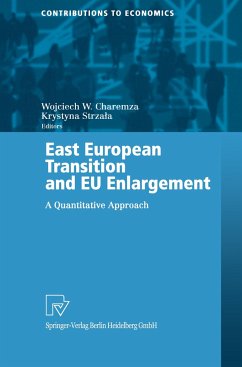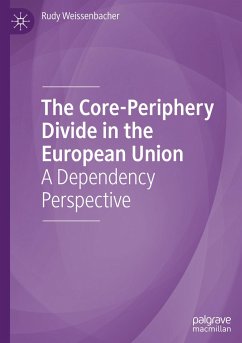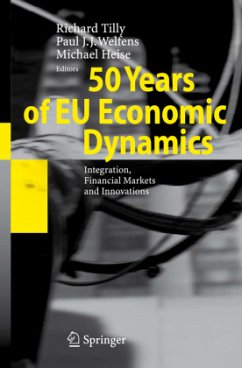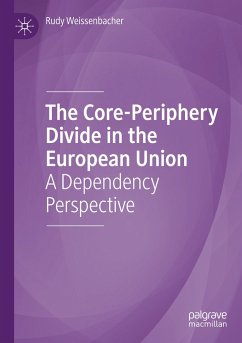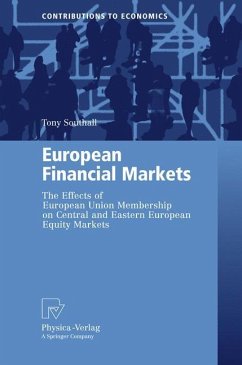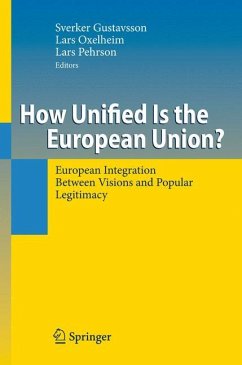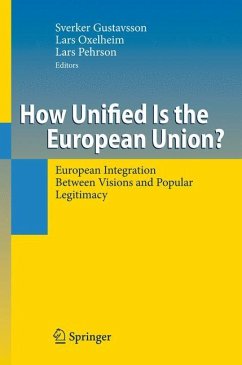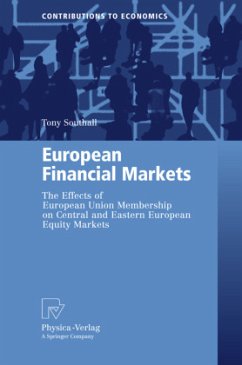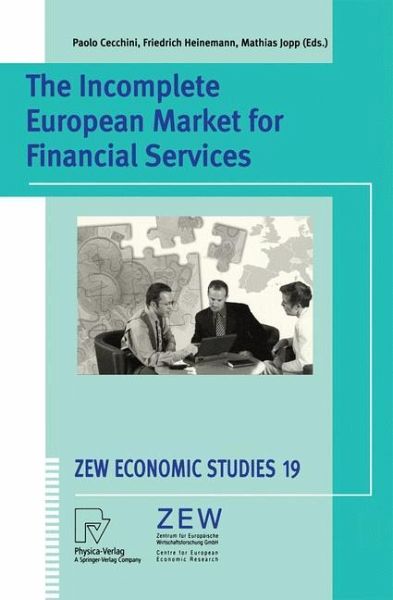
The Incomplete European Market for Financial Services

PAYBACK Punkte
20 °P sammeln!
The incomplete European market for financial services, the obstacles to its integration and the potential benefits from more integration are subject of this book which is largely focussing on retail markets. The analysis can be regarded as a modernised follow-up to the financial market part of the famous 1988 Cecchini Report "The cost of non Europe". Even in the Euro age, retail financial markets in the EU are heavily fragmented and the consumers pay a large price for this fragmentation. This also weakens the growth perspective of EU and its international role. Explanations originate both from natural and policy-induced factors. Priorities for future policies are the dismantling of tax discriminations and further harmonisation in consumer protection and financial supervision.
Looking back over the last decade it can be said with some justification that sig nificant progress has been achieved on the way towards fully integrated financial markets in Europe. The 1993 Internal Market initiative and the Euro introduction in 1999/2002 constitute important milestones. The integration process has further been intensified by market developments like the surge in mergers and acquisi tions and by technological innovations like internet based distribution. As a result, some market segments today do no longer have a national character. Nevertheless, this success should not obscure the fact that integration of financial services markets is still a long way from the level of integration that exists within national markets. Particularly for retail financial services national borders still constitute a considerable de facto barrier. The absence of frequent direct cross border links between financial service providers and retail consumers holds true despite the fact that the Euro has made product comparisons easier and that the internet has reduced information costs to a considerable extent.





